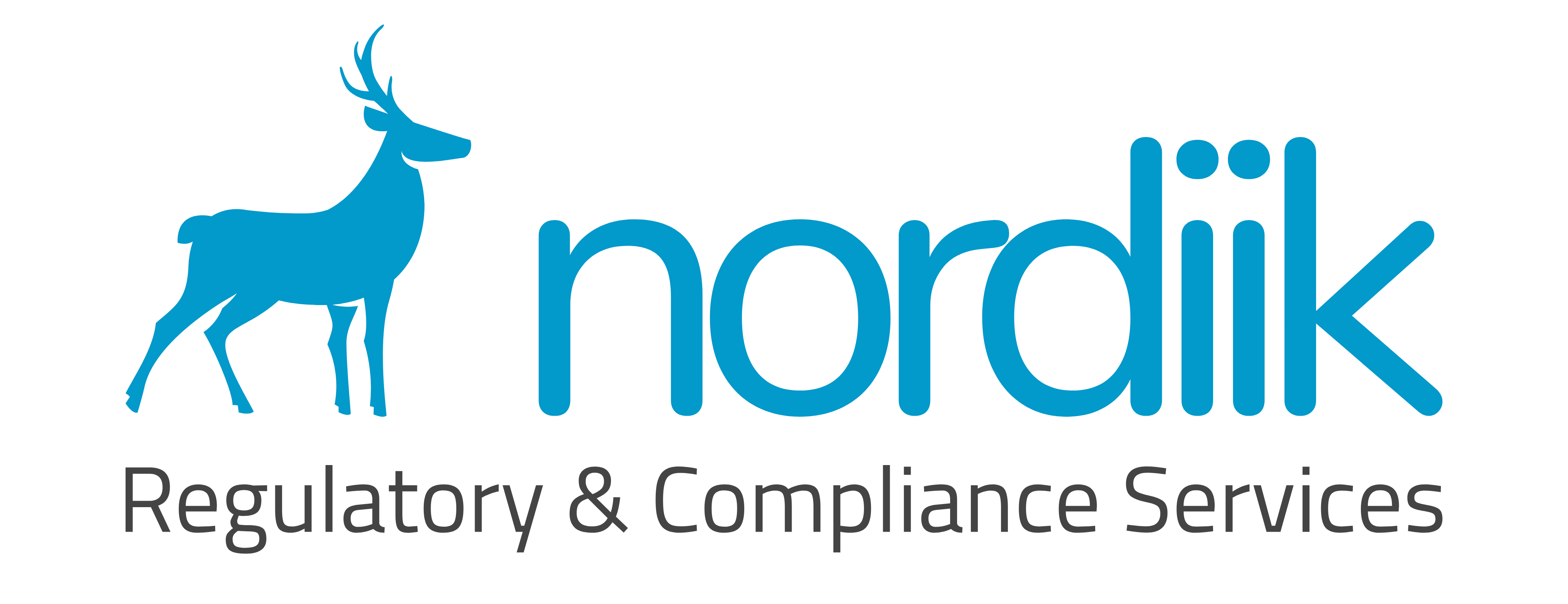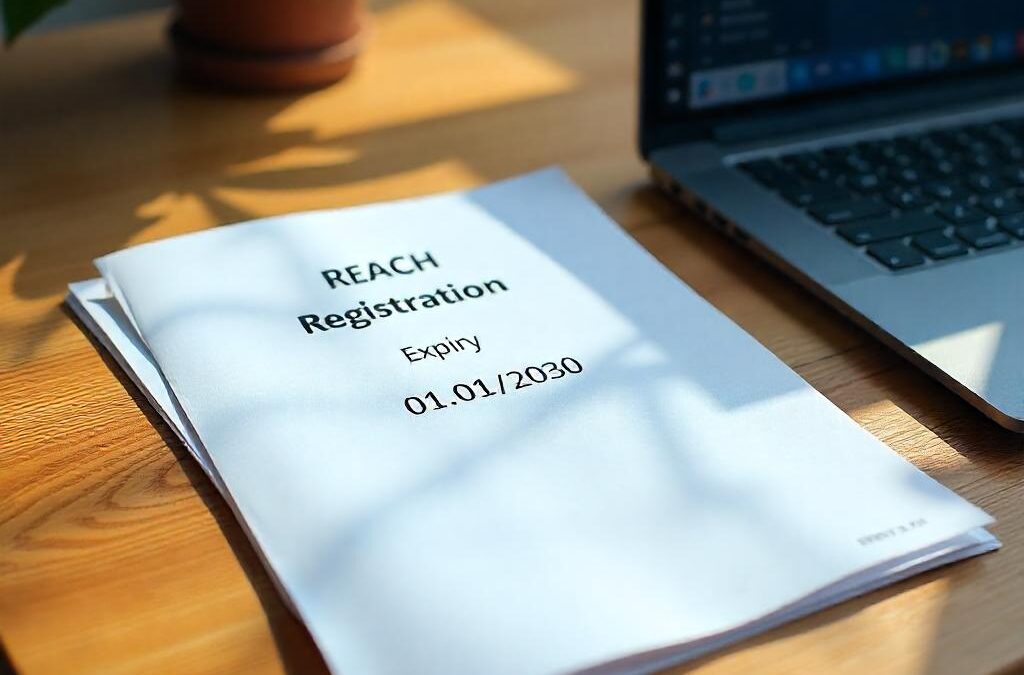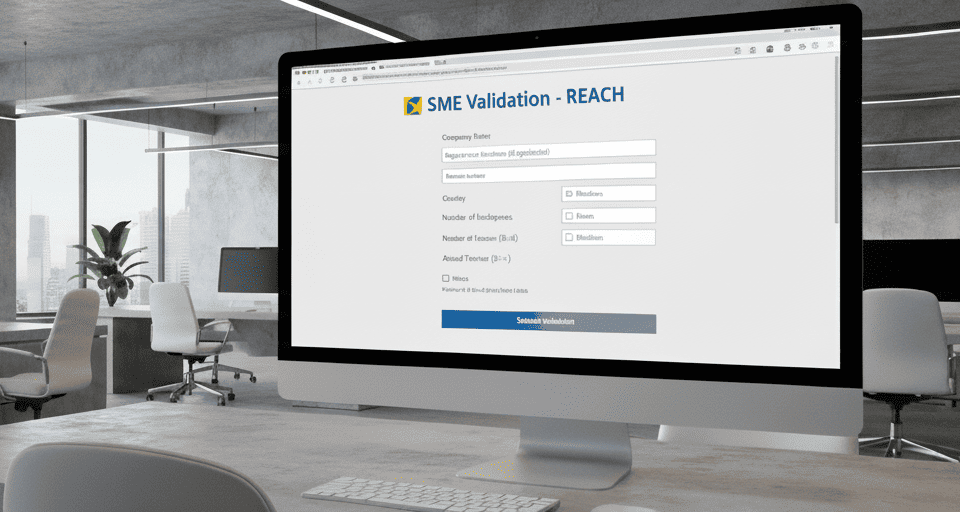ECHA proposes ten year validity limit on REACH registration dossiers
Limit on REACH registration dossiers. The European Union is preparing for one of the most significant overhauls of its chemicals regulation in nearly two decades, as the European Commission moves forward with a proposal to revise the Registration, Evaluation, Authorisation and Restriction of Chemicals (REACH) Regulation. A central feature of this reform is the introduction of a ten-year validity limit on REACH registration dossiers, a move that has received cautious support from most EU member states and Norway.
Under the proposed changes, all REACH registrations will expire after ten years unless companies proactively update and renew their dossiers. This marks a departure from the current system, where registrations do not expire, and places a new obligation on businesses to maintain up-to-date information or risk losing their registration numbers. The European Chemicals Agency (ECHA) will gain expanded powers to revoke registrations for outdated or incomplete dossiers and will conduct more frequent ad-hoc checks to ensure compliance.
Under the proposed changes, all REACH registrations will expire after ten years unless companies proactively update and renew their dossiers. The reform aims to address persistent issues with non-compliance and outdated data.
The reform aims to address persistent issues with non-compliance and outdated data, which have undermined the effectiveness of chemical safety oversight in the EU. By introducing a fixed validity period, the Commission hopes to ensure that hazard and risk information remains current, supporting both public health and environmental objectives.
Additional changes include:
- Mandatory updates when substances are newly classified as Substances of Very High Concern (SVHC).
- The inclusion of certain polymers under registration requirements, and
- The digitalisation of compliance through tools like Digital Product Passports and harmonised electronic Safety Data Sheets.
Enforcement will also be strengthened, with more audits, harmonised penalties, and enhanced customs controls at EU borders.
While regulators and public interest groups have largely welcomed these reforms for boosting transparency and safety, industry stakeholders—especially small and medium-sized enterprises—have expressed concerns about increased administrative burdens and costs. Nevertheless, the broad consensus is that modernising REACH is essential to ensure a safer, more sustainable, and competitive chemicals market in Europe.
Do you need to prepare or update your REACH registration dossier? Nordiik can help, contact us!
Source: Enhesa









